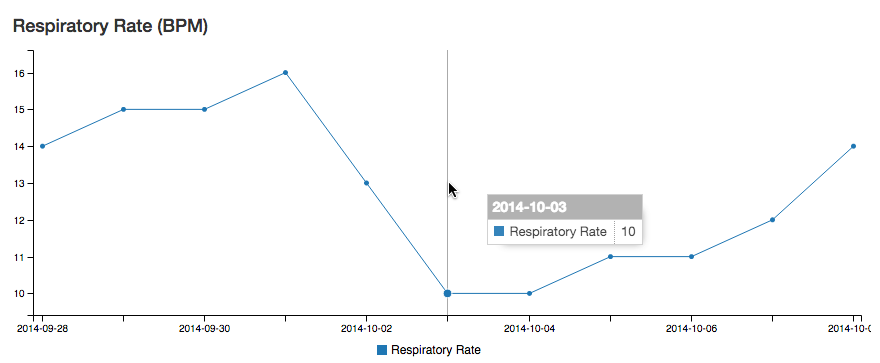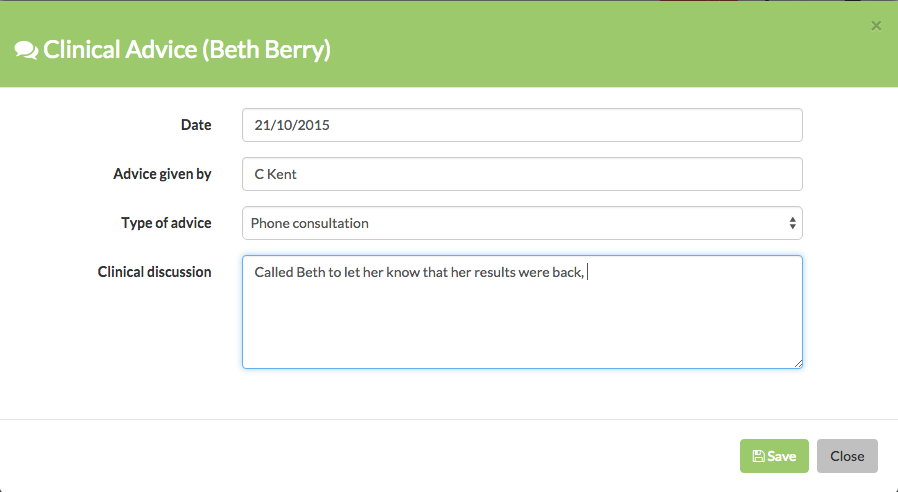Our Services

Research
We work closely with clinicians to understand the way they work.
We make sure that we understand the context of the clinical service they deliver, and what they need to support them in giving the highest quality care. This means that our tools are designed to work the way that clinicians think.
Build, test, iterate
We use an agile development process - starting small and then iterating wildly.
At every stage we gather feedback from clinicians to help keep us on the right track. This process reduces risk, and makes sure we end up with services that meet your needs.


Ongoing Support
We make sure that there’s always someone around to help.
We provide support and training to make sure that you can focus on the patients not the tools. We regularly talk to users and seek feedback to make improvements based on understanding what happens in the real world.
Understanding the landscape
We specialise in working with NHS institutions that deliver care. We understand how to integrate with the other IT infrastructure you already have in place. We have experience managing clinical risk for software systems. We’re familiar with the Information governance landscape, and we follow relevant standards and best practices.

We’ve been here before
Even though each clinical service is different, they often end up with overlapping needs. We’ve been there before and solved many common problems for our users, which means that we don’t need to charge you for solving them again.
OPAL, our specialist software for developing applications for direct care, lets us build on that experience and expertise, meaning we can rapidly prototype and iterate.
A returning traveller drop-in clinic at HTD
We built a digital service that follows patients on their journey through the clinic, supporting the multidisciplinary team that cares for them and the research needs of the department.
OPAL
OPAL is a framework for building clinical facing transactional digital services for healthcare organizations.
Featuring rich data capture and audit functionality, management of consultations in an MDT setting, along with clinically validated pathways and interfaces.
OPAL has been deployed in a variety of settings within the NHS both for day to day clinical processes, such as at UCLH, and also to support data capture for large scale research studies.


Prescribing Analytics
Once a month the NHS Information Centre publishes an 11 million row .csv file containing every single GP prescription made that month.
In collaboration with Mastodon C and Ben Goldacre we made Prescribing Analytics to showcase our research into unwarranted prescribing variation in Statins.
Visualisations of variation at CCG and PCT level showcase the value of Open Data and analytics for GP prescribing, in identifying nudges to prescribing habits that could save the NHS hundreds of millions of pounds each year.



